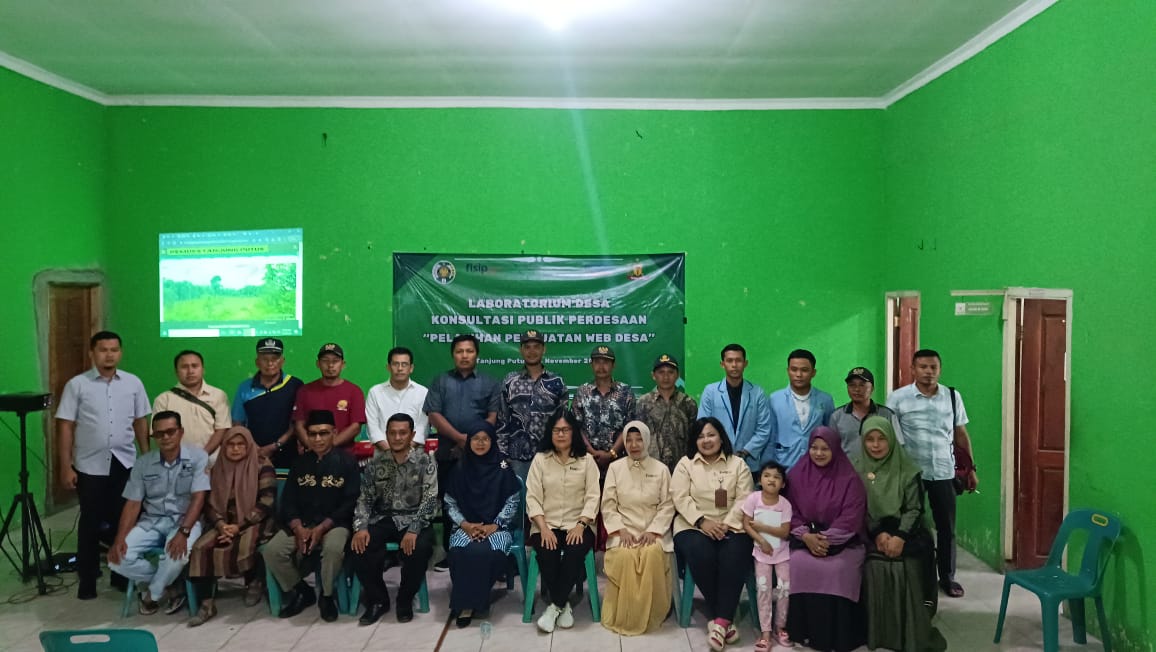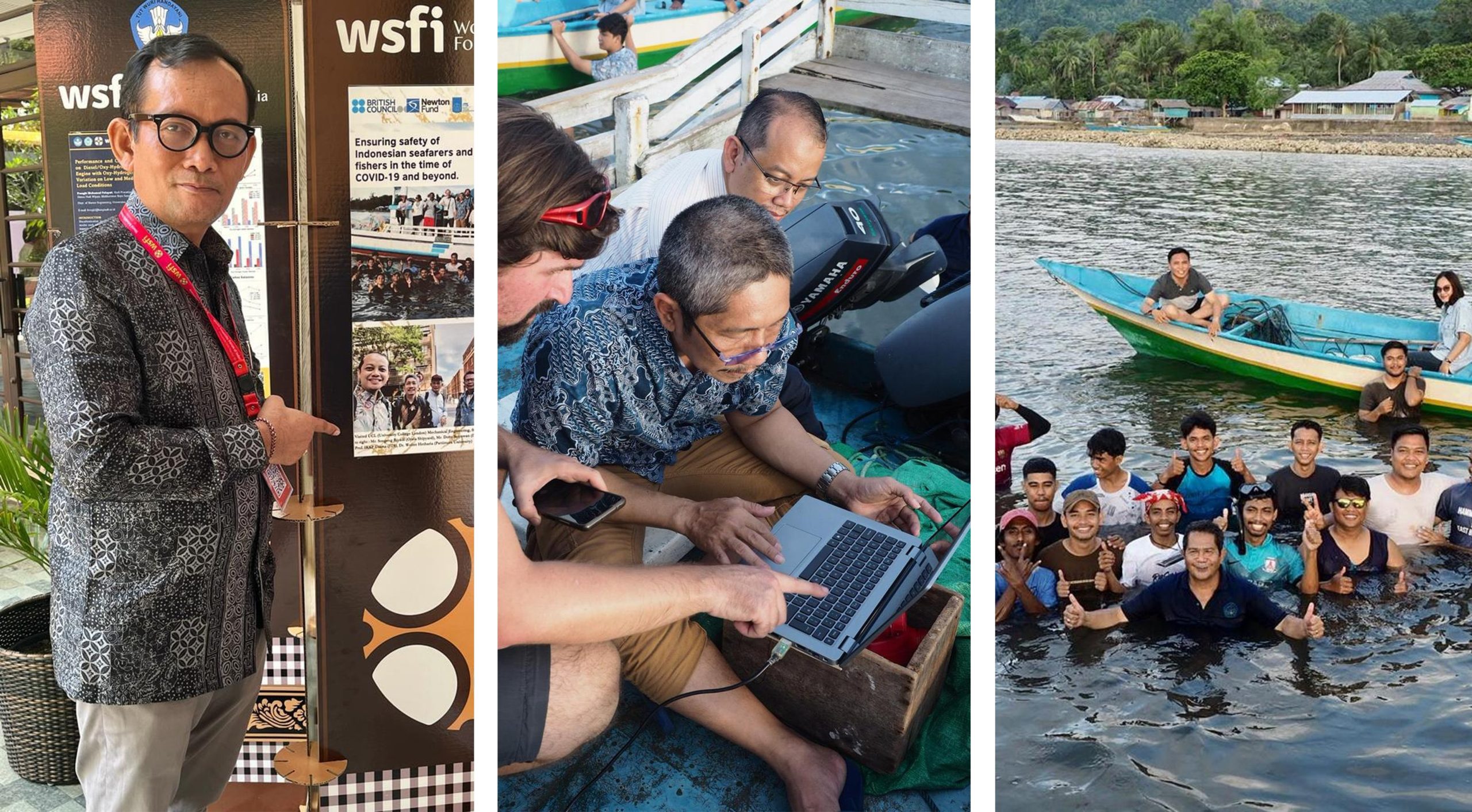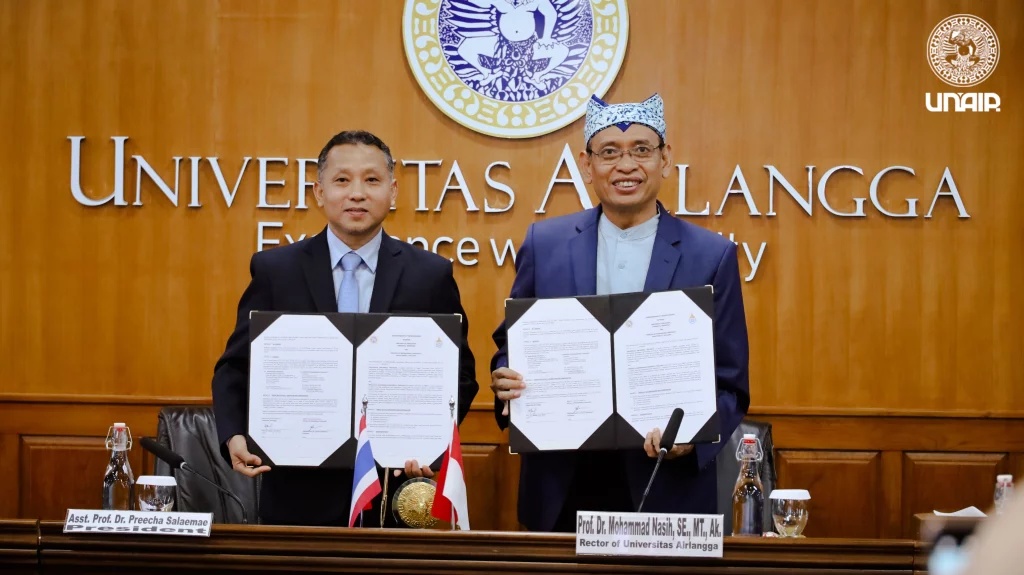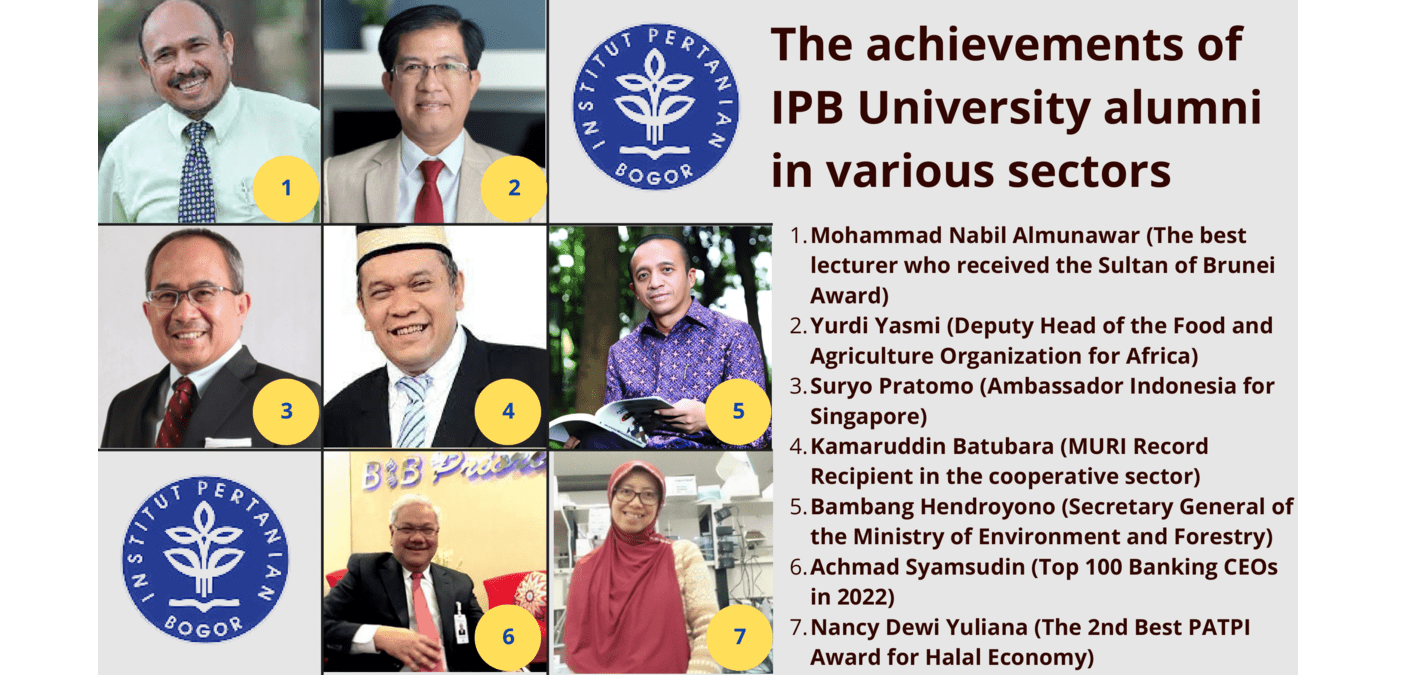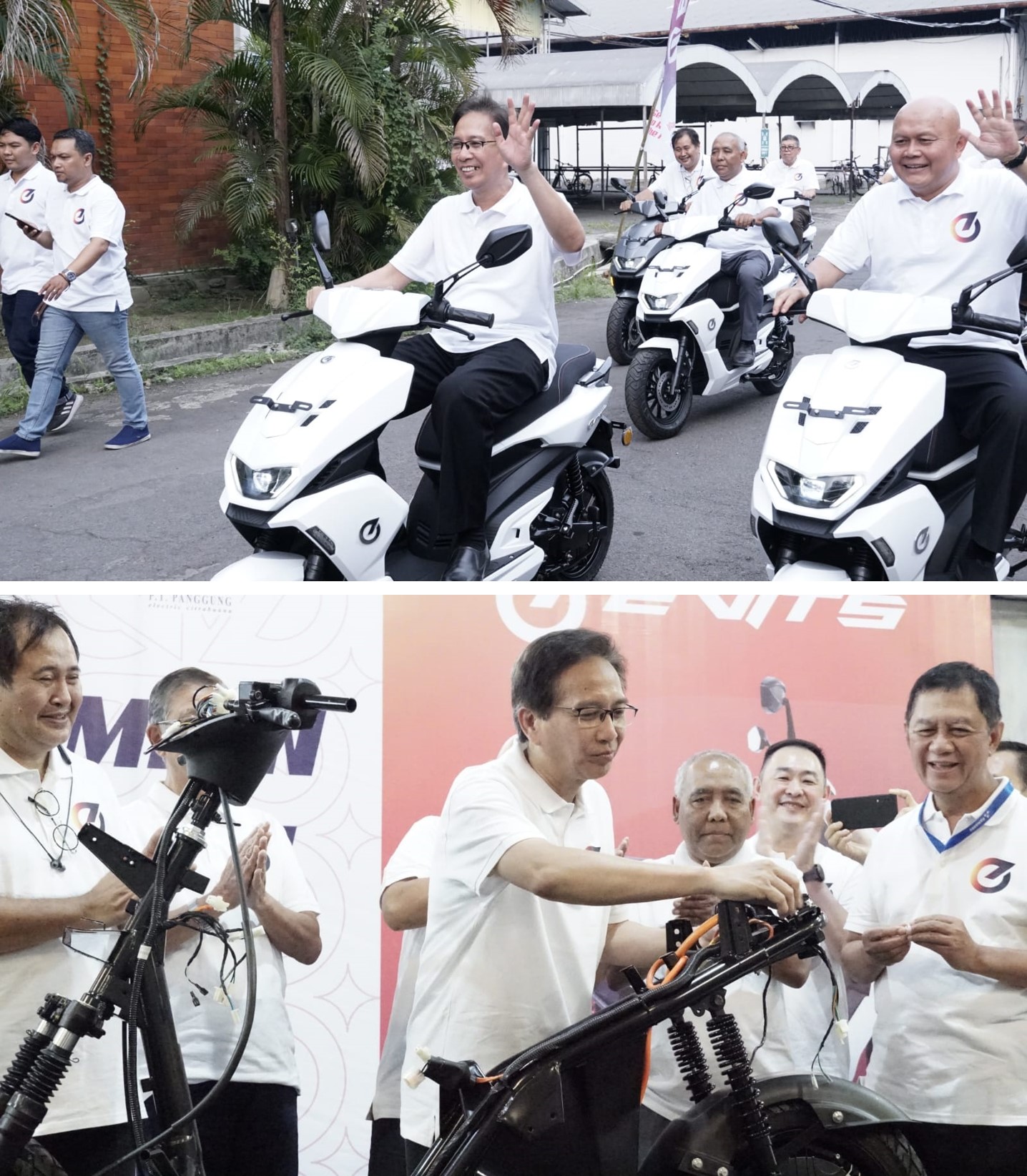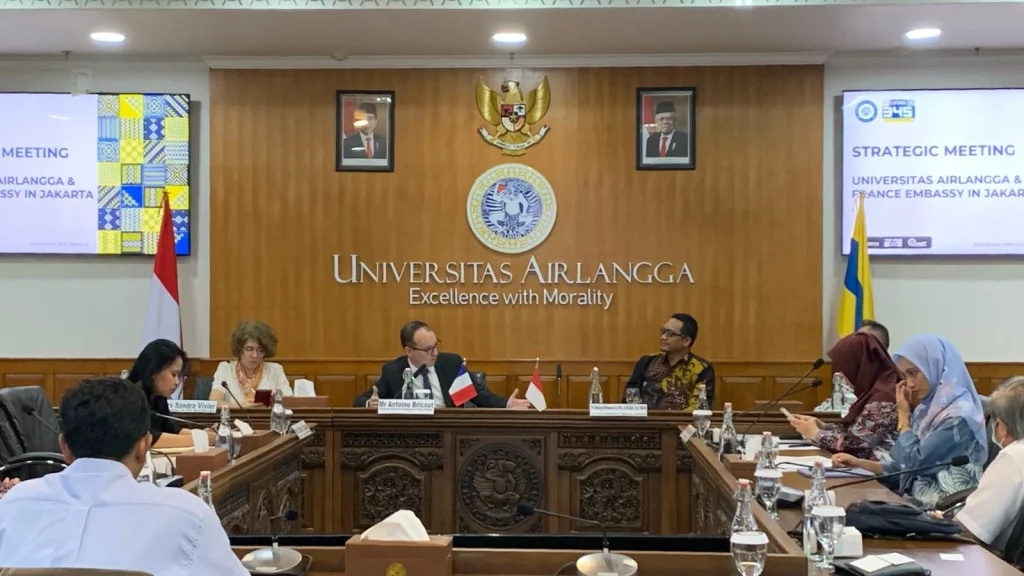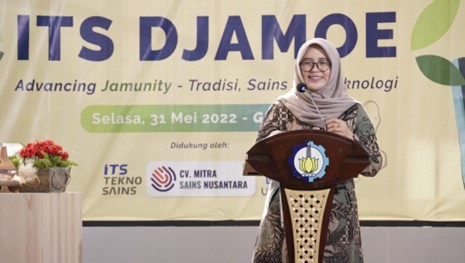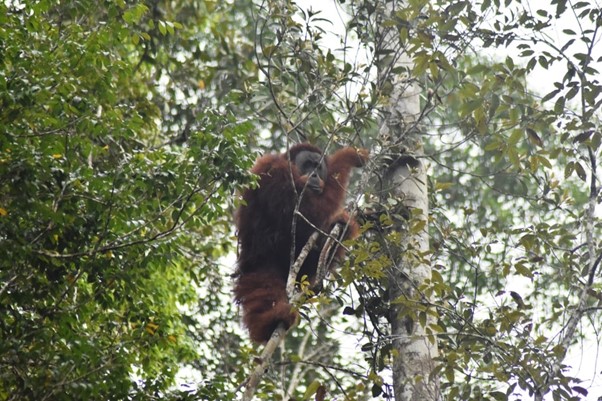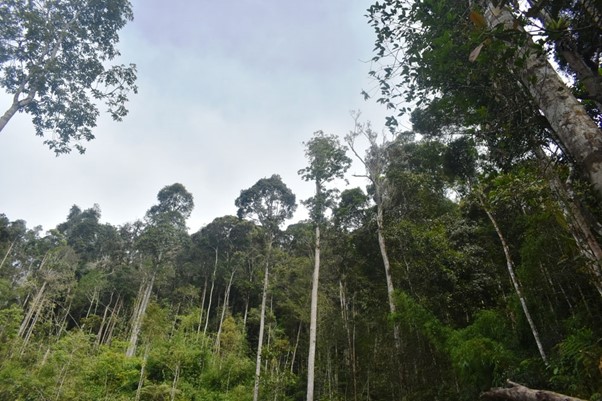The Industrial Revolution 4.0 engendered major technological changes in Indonesia’s agriculture to boost production yields by prioritizing effectiveness and efficiency in various fields that support the sector. This incentivizes various innovations for agricultural products: new tools, new processing techniques, and new management procedures.
Some fresh graduates of Universitas Sumatera Utara (USU), Dwi Budi Prasetyo, Rizki Ari Mihalza, Intan Dewani, and Rico Wardana, teamed up to brainstorm a contribution to this developing urgency. All three are members of a start-up called Mandike Instruments, which specializes in technology and education.
The team came up with a piece of innovative equipment that is projected to increase work efficiency for farmers called Smart Farming. The equipment is designed to be portable and easily assembled, with sensor nodes and gateways as well as unique applications that are continuously refined and updated.
According to Dwi Budi Prasetyo, CEO of Mandike Instruments, Smart Farming monitors and determines the degree of acidity, temperature, rainfall, humidity, and weather conditions in an area that will be used for agriculture.
“Knowing these can aid farmers in measuring the most efficient amount of fertilizers for agricultural activities, as excessive fertilizers can damage the nutrients in the agricultural land. In addition, knowing the soil fertility level and determining the types of plants suitable for development will also increase the efficiency of farmers’ expenditures,” Dwi said.
Dwi stated that the accompanying application for Smart Farming is currently at the testing and refinement stage.
“We want this tool to be really effective in helping farmers. Thus, the trials cannot be done in one or two times. We must conduct it many times to obtain the right result,” he added.
Regarding whether Smart Farming will be sold in limited quantities or mass-produced, Dwi admits that he has yet to decide because it will be discussed with the commissioners of CV Mandike. In addition to assessing prices, consumer capabilities and market acceptance, which farmers dominate, will influence their start-up’s capability.
Dwi emphasized that they are considering developing and manufacturing delicately, as the equipment was intended to help farmers without burdening them with additional costs. Increasing the amount of capital farmers need will affect the selling price of their agricultural products. They are currently planning a collaborative trial run for the equipment with government and private stakeholders.
The team hopes to strengthen the collaboration between CV Mandike and USU agricultural alumni to engineer and innovate other tools for use in the farming sector. Being holders of degrees in Electrical Engineering from USU, the team is optimistic that their collaboration can benefit each other to increase the research and development output, manufacture, and market and publicity outreach with the academic institution.




